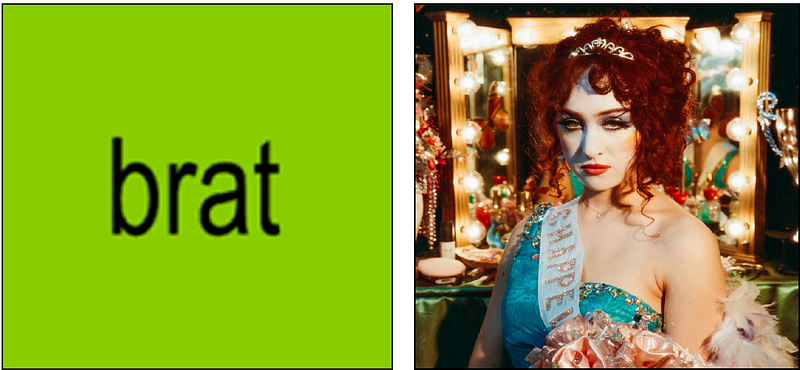
Gen Z does not agree on a lot of things. Politics, sports, fashion, you name it, and there has been heated online discourse about it. But one constant variable seems to be a shared fatigue for Taylor Swift. This is one of several insights gained from a student-body-wide survey sent out by the Spectator’s Arts & Entertainment section to uncover the similarities and discrepancies between the aging and more youthful blocs of the generation. Let us break down some of the data points:
DISCLAIMER: This was by no means a rigorous academic effort, so do not hold us to your thesis standards.
Hamilton College has not succumbed to TikTok’s infectious algorithm when it comes to music taste; the majority of respondents primarily receive music recommendations from friends, with the built-in Spotify playlist system coming in a distant second. This is certainly a bright spot, considering how the social component of listening to music has largely become a relic of the past. During the age of physical media, an era in which many current students came of age, personal music curation was a R&D endeavor: blogs existed but had to be sought after, and most Gen Z kids probably remember the CD sections at Target and Best Buy. Even networks like MTV (R.I.P.) were still prominent sources of the hottest and newest releases. Now music — as are other forms of media consumption — is an independent and passive feat, in part due to the lack of technological agency that we have over how we peruse through Spotify or Apple Music’s search feed.
Consequently, music’s pop-cultural zeitgeist is no longer as monochrome as it used to be. For those without the newest CDs or iTunes purchases, there was a singularly defining source of what is popular. Radio still exists, but it is obviously a shell of itself in comparison to the liberation of access that streaming platforms have given society. Students’ favorite artists of all time are completely diverse, from a freshman who says it is Hozier to a senior who says it is My Chemical Romance. If music was monotheistic though, the almighty overlord of 2024 is resoundingly Charli XCX with her latest album, brat. While no one called the British singer their favorite ever, she was one of two artists (and the one with the most mentions) whose album was named at the top of 2024’s catalog. Similarly, Kendrick Lamar was the only artist with more than one respondent saying that they listened to him more than anyone in 2024. So, monoculture can still exist, but to a lesser extent nowadays.
Several students referred to different artists as currently the most overrated. All but one (Eminem) were pop singers. There was Chappell Roan, who has had a blazing 2024 on the back of social media virality and her theatrical presentation. Justin Bieber was mentioned as well, and while he is now more of an afterthought for this question, he would have been guaranteed to top this question by a substantial margin in the early 2010s. Sabrina Carpenter and Olivia Rodrigo both got name-dropped as well. The haters just appear when you start to pop off, I guess, but the haters have always been here for Taylor Swift, who received half of the votes for this inquiry. There is an egalitarianism to the public hatred for her. Sports fans incessantly complain about her NFL presence; vinyl enthusiasts may be infuriated by how she has single-handedly clogged up production throughout the country with her endless supply of special-edition variants; environmentalists may point to her contributions to carbon emissions because of her overuse of private jets. But many pointed criticisms lack the music, which is what I do not like about her, so I guess I am a hater too, but with moral high ground.
Thank you for filling out this survey!
















